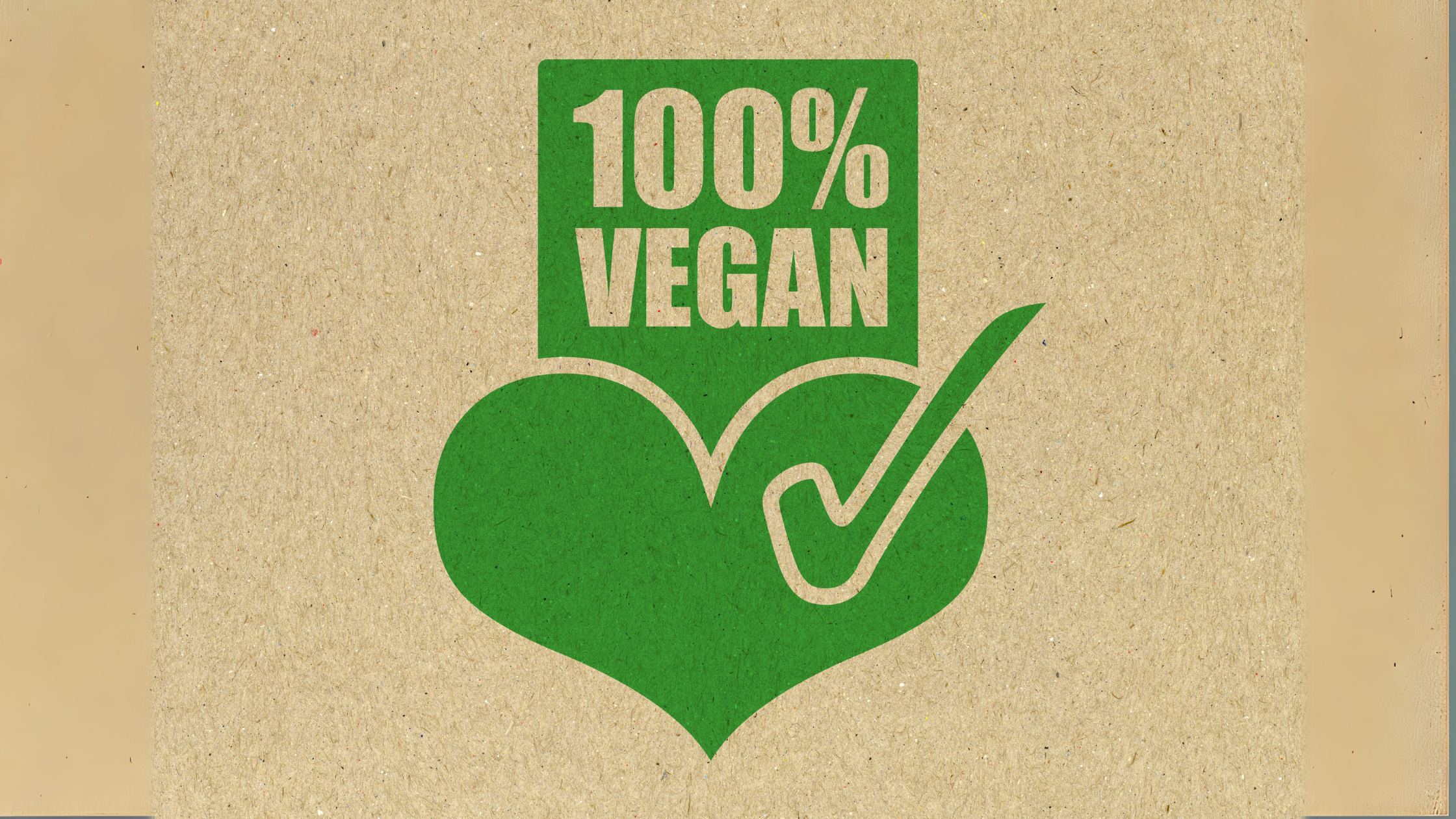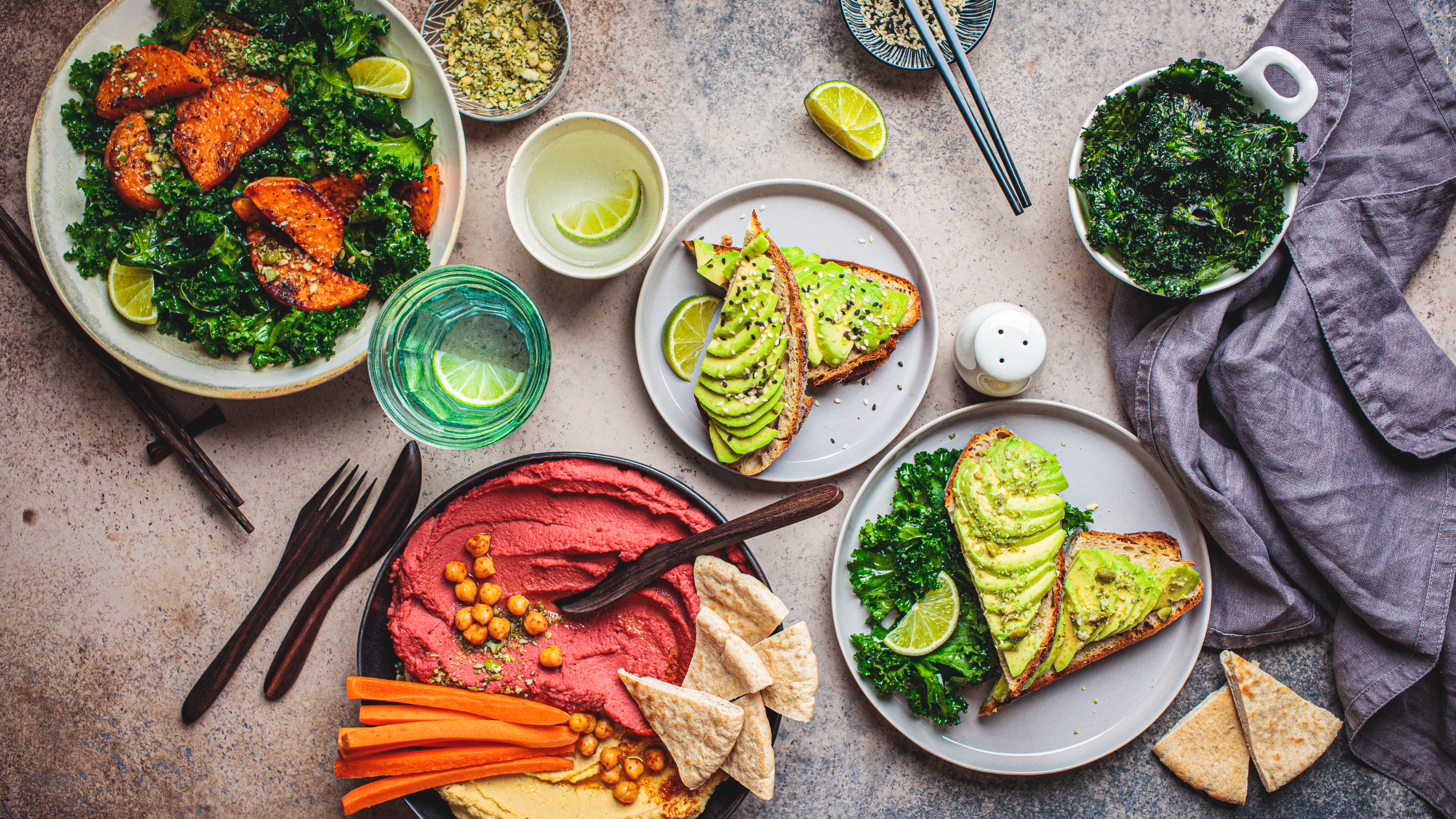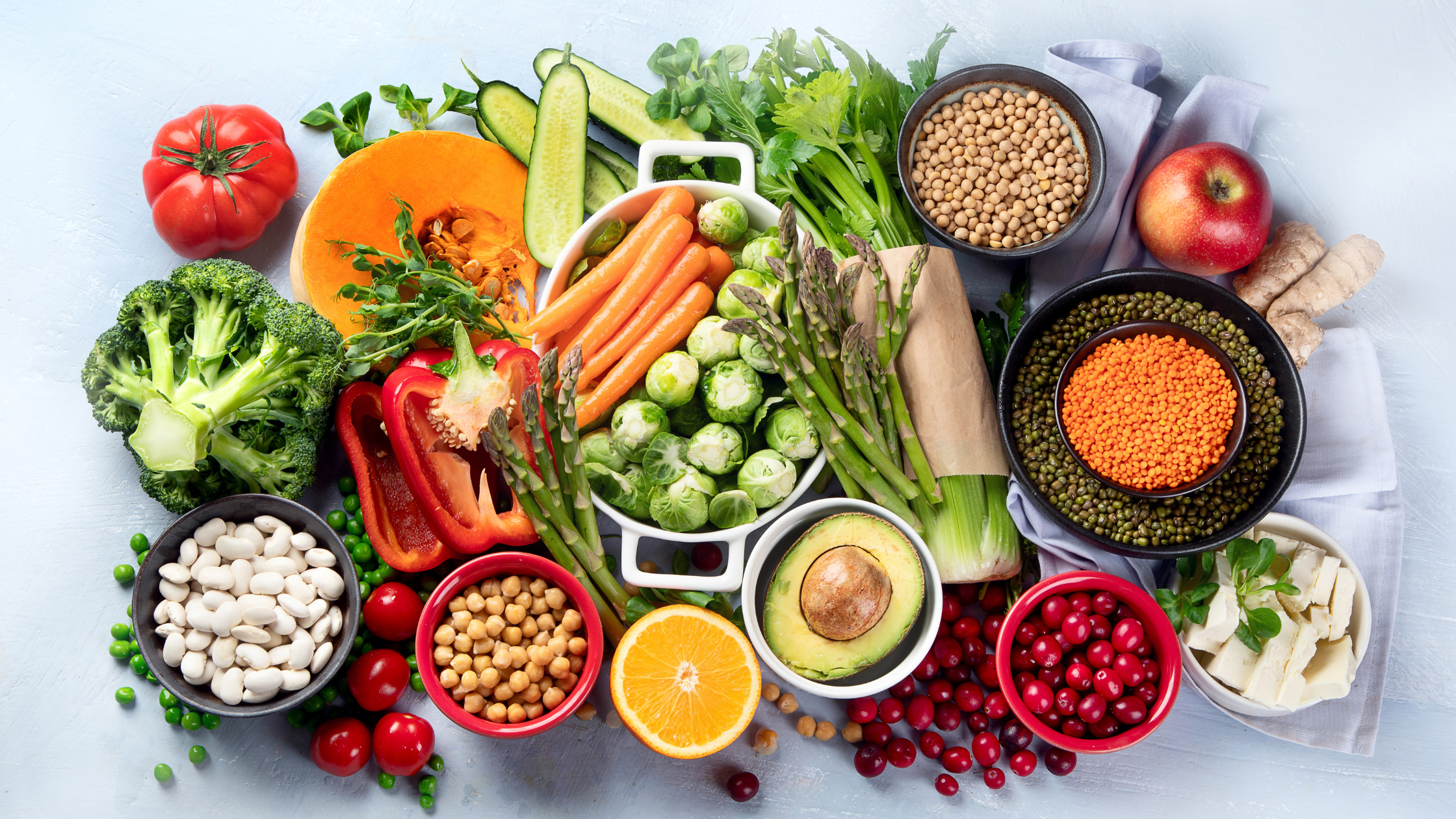A Vegan Diet Can Help Reduce Biological Age
Written by TYE Medical on Mar 24th 2025
You know a vegan diet is touted for its plethora of health benefits, but now research suggests it can even make you younger at the cellular level, reducing your biological age. After just eight weeks of a vegan diet, one study found that biomarkers for biological aging decreased. How well your body functions is the focus of your biological age, which means it can be different from your chronological age, or age in years. A vegan diet is one of the specific lifestyle changes you can make to help you function like someone younger. When you slow your biological age, it can help you live longer and add healthier years to life without chronic disease.
Understanding the Link Between a Vegan Diet and Biological Age

Even though civilization has made huge strides in prolonging life expectancy, much of the population still battles with age-related chronic diseases like diabetes or heart disease. But if we can slow biological aging, the prevalence of those chronic conditions will diminish further. This means we would not only extend our quantity of life by adding years but also our quality of life as these years would be healthier ones.
Medical professionals can assess biological age in different ways. One way is through DNA methylation, involving molecular changes over time that flip genes on and off. Sometimes changes age the body faster and others may slow the aging process down. For this study, shifts in DNA were monitored in 21 pairs of adult identical twins. In each pair, one twin switched to a vegan diet and the other followed a healthy diet that included meats and animal products.
Often confused with vegetarianism, a vegan diet is stricter and prohibits eating not only meats and fish but all animal byproducts as well. This means vegans must forgo eggs, cheese, milk, yogurt, and other foods that vegetarians consume.
Study Reveals Vegan Diet Reduces Biological Age

The study found a reduction in biological age markers for the twins who went vegan. But for the twins who continued eating meat and animal products, these same markers remained the same. Specifically, the study linked going vegan to reductions in biological age markers of the heart and liver as well as for the endocrine, immune, and metabolic systems.
However, scientists can’t be sure how much of the observed changes were solely due to the vegan diet and how much could be attributed to calorie reduction and weight loss. And since the study is small and not extensive, which means a broad conclusion can’t be drawn about whether everyone should reduce biological age by going vegan.
Furthermore, researchers can’t be sure which aspect of the vegan diet is so beneficial–like eating less meat or eating more vegetables.
How a Vegan Diet May Improve Molecular Age

Of all the modifiable factors, experts believe diet has the most impact on biological age. Plant-based diets have enormous anti-inflammatory benefits and are high in antioxidants, nutrients, and fiber which go a long way toward slowing biological aging. Vegan diets are also extremely low in saturated fats, a major contributor to chronic conditions like high cholesterol and heart disease.
But before you jump on the vegan train, consider your approach. It’s best to do your research and be sure a vegan diet is sustainable over time, even if you’re not a strict vegan. It’s better to be mostly vegan or largely vegan than to be strict for the short term. The benefits accumulate over time, which means a vegan diet must be a long-term commitment to have any lasting impact upon your health.
Different Types of Veganism

As with any “diet” or eating plan, the health benefits depend on the specifics of what you’re eating. Even a vegan can eat bad or unhealthy plant-based foods. Here are a few common types of vegan diets:
Dietary vegans:
Also called “plant-based eaters,” this is the most strict type of vegan. Adherents to this brand of veganism avoid consuming all animal products but still use non-vegan products in other forms such as clothing and cosmetics.
Whole-food vegans:
These veganites eat only vegan-whole foods, omitting any processed vegan products. The focus of this diet is vegetables, fruits, legumes, whole grains, seeds, and nuts.
“Junk-food” vegans:
These are the opposite of whole-food vegans. A large part of their diet contains processed vegan foods like fries, frozen dinners, vegan meats, and desserts like vegan cookies and non-dairy ice cream.
Raw-food vegans:
Although safer than meat-eating raw food fans, those who follow a vegan raw-food diet eat only foods that are either completely raw or cooked at temperatures below 118 degrees Fahrenheit (48 degrees Celsius).
Low fat raw-food vegans:
This type of vegan diet avoids high fat vegan foods like avocados, nuts, and coconuts. They eat a lot of fruit in addition to raw vegetables. Because they don’t eat nuts or processed soy, it can be difficult for this type of vegan to get the proper amount of protein or healthy fats.
Of the many types of vegan diets, a whole-food vegan diet offers the most health benefits, allowing you to eat the most variety and gain the most nutritional benefit. If you want to try a vegan diet, consult with your doctor about what is most appropriate for you and to ensure you’re able to gain all the nutrients you need.
More Health Reasons for Going Vegan

Since diets high in red meats have been linked to cancer, diabetes, and heart disease, more people are considering a vegan diet as a healthy and safer alternative. Plant-based diets are closely associated with a lower risk of developing these diseases and dying prematurely.
Many people also experience better digestion when eating primarily plant-based, and additional research has linked it with a reduced risk of Alzheimer’s disease.
Additionally, some research suggests that if you eat a vegan diet you’re more protected from the side effects linked to the antibiotics and hormones in modern animal products.
Another major factor in reducing the risk of chronic disease is weight loss that is often inherent with a vegan diet. When you cut out the calories found in higher fat meats, highly processed foods, dairy, and other animal-based foods, it’s much easier to maintain a calorie deficit or the right amount of calories for a stable weight.
However, you may be surprised to find that going vegan, though beneficial for reducing biological age, might also leave you short in certain nutrients. As a vegan, you must be mindful of consuming the proper amount of protein, healthy fats, iron, B12, calcium, selenium, zinc, iodine, and vitamin D. These nutrients are specifically found in animal products and little to none exist in plant-based foods. A vegan diet can be perfectly healthy as you are aware of some of the deficiencies and intentionally plan for them, whether by intentionally incorporating foods rich in these nutrients or taking supplements to account for them.
Common Vegan Foods for Healthy Aging

Here are some of the plant-based replacements vegans use to replace animal products.
Tofu, tempeh, and seitan
These foods offer a protein-rich alternative to meats, poultry, fish, and eggs. You can use them in recipes or prepare them as you would a meaty main dish.
Legumes
These include beans, lentils, and peas, which are excellent sources of nutrients and can be prepared in many ways or added to a variety of recipes. Lentils are also an important source of vegan protein while also containing complex carbs.
Nuts and nut butter
If you eat these unblanched and unroasted, you’ll get a larger dose of fiber, iron magnesium, selenium, zinc, and vitamin E.
Seeds
Hemp, chia, and flaxseeds provide a healthy amount of protein and those necessary healthy fats like omega-3 fatty acids.
Calcium-fortified plant milk and yogurt
Vegans get some of the necessary calcium, B12, and vitamin D from fortified vegan dairy products.
Algae
This is an excellent source of complete plant protein, specifically if you buy spirulina and chlorella varieties.
Nutritional yeast
This is another way for vegans to get more protein. It’s often in a flaky form and can be shaken onto or into vegan dishes. It has a mild “cheesy” flavor. You can usually buy brands fortified with B12.
Whole grains, cereals, and pseudocereals
These are excellent sources of complex carbs, fiver, B vitamins, iron, and minerals. Some high-protein examples include teff, spelt, amaranth, and quinoa. You could also include steel-cut oats and even the more processed oat varieties.
Sprouted and fermented plant foods
Vegans regularly eat tempeh, miso, natto, sauerkraut, pickles, kimchi, and kombucha which contain probiotics and vitamin K2. You can also improve mineral absorption by eating sprouted and fermented foods.
Fruits and vegetables
A foundational element of a vegan diet is fruits and vegetables. Both are packed with nutrients and antioxidants. Eating leafy greens like spinach, kale, watercress, bok choy, and mustard greens boosts iron and calcium.
Is Going Vegan Worth It?

A growing body of research suggests there are real and impactful health benefits linked to a vegan diet. So if it’s overall health and nutrition you’re concerned about, a vegan diet may be worth the inevitable sacrifices. This is especially true if you’re interested in slowing the biological aging process. Just keep it in mind that you don’t have to adopt a vegan diet in the strictest sense to see health benefits. Drastically reducing the consumption of saturated fats or animal products will have a positive impact and reduce health risk.


